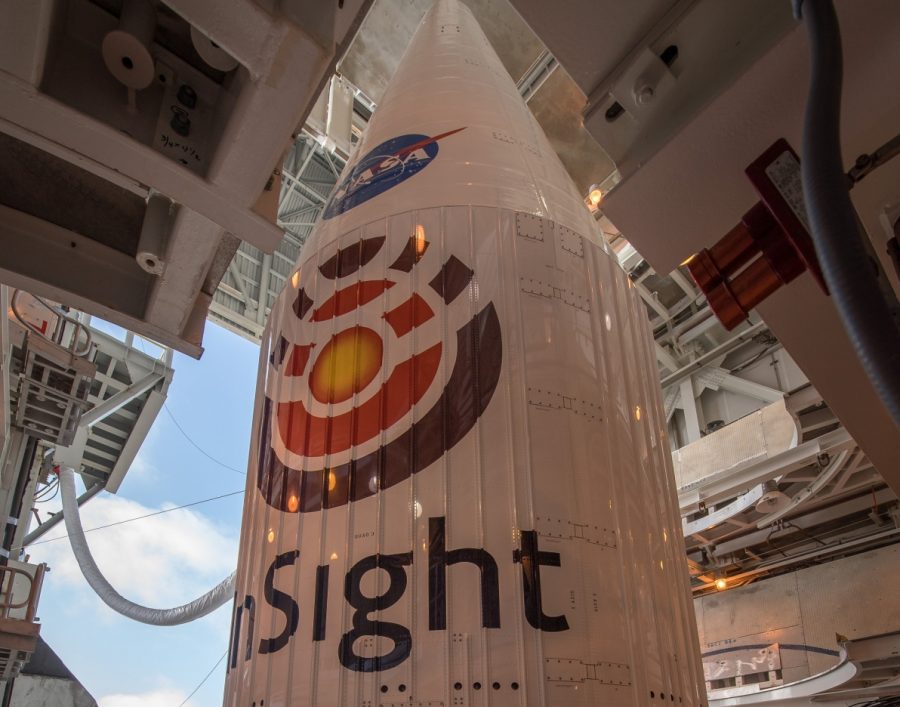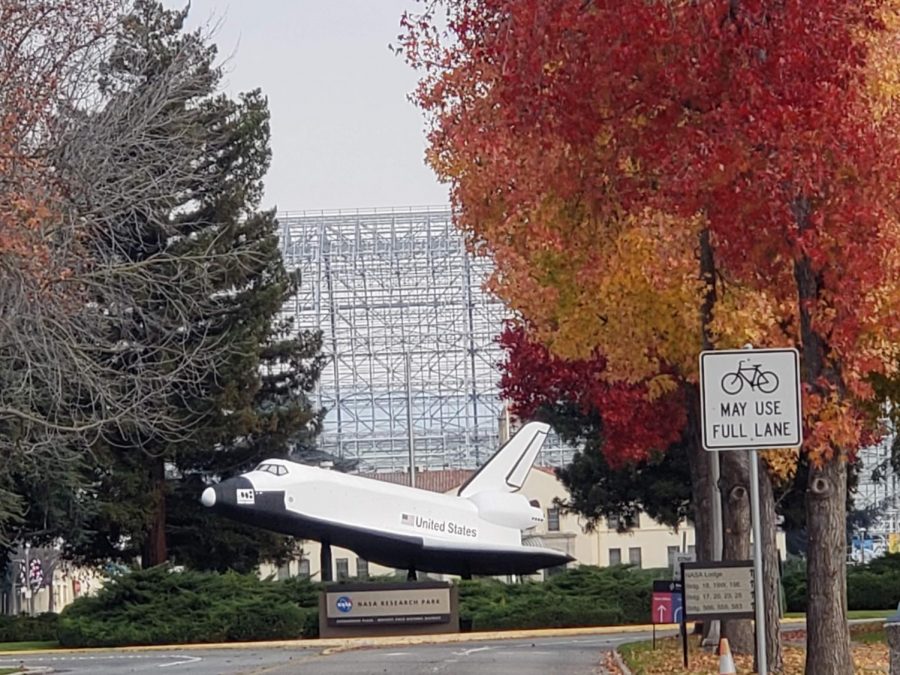The National Aeronautics and Space Administration (NASA) landed their newest InSight Lander, a probe which for the first time can detect what’s under Mars’s surface, on November 26.
NASA has been sending rovers to Mars all the way since the 1970s. Before InSight, almost all prior Rovers were only able to collect information about the surface of the planet. This new craft, InSight, does interior exploration using seismic investigation. These experiments will show the conditions of Mars and the potential for colonization. Stephen Harrison, former White House Office of Science and Technology Policy adviser and member of the National Space Council, provided a history.
“InSight is important because it is one of the few missions that perform science on the interior of the planet,” Harrison said. “It complements other missions. NASA has been putting landers on Mars since the Viking missions of the 1970s and mobile rovers since Sojourner in 1997.”
InSight and probes like it are pushing the frontier of space travel. Although humans still do not know much about the Red Planet, missions like these will answer those questions and let us know how soon or not we will live on Mars.
L.K. Kubendran, Program Integration Manager commented, “I am super excited about this mission. True to its name, the Mars InSight Lander will gain insight into Mars’ interior structure with state-of-the-art instruments onboard. The Mission addresses one of the key science goals of NASA: How did our solar system form and evolve?”
Despite skepticism from public figures like Neil deGrasse Tyson and Bill Nye about living on Mars, many students at Woodside feel passionately about the importance of scientific innovation and space travel.
“I think it is incredibly important that society continues to value and fund space travel and exploration,” said Jeremy Quach, an assistant teacher.
Some students would even want to be a part of Mars’s colonization themselves.
“I want to see a different planet,” commented Woodside student Jose Valencia when asked about the potential to colonize Mars. “I’d want to explore it.”
Still, even considering InSight’s success, others remain cautious.
“I would not be willing to live on Mars,” John Arner, a science teacher, remarked. “Mars is a very hostile environment. The first few settlements to go there I suspect are not going to live very long.”










